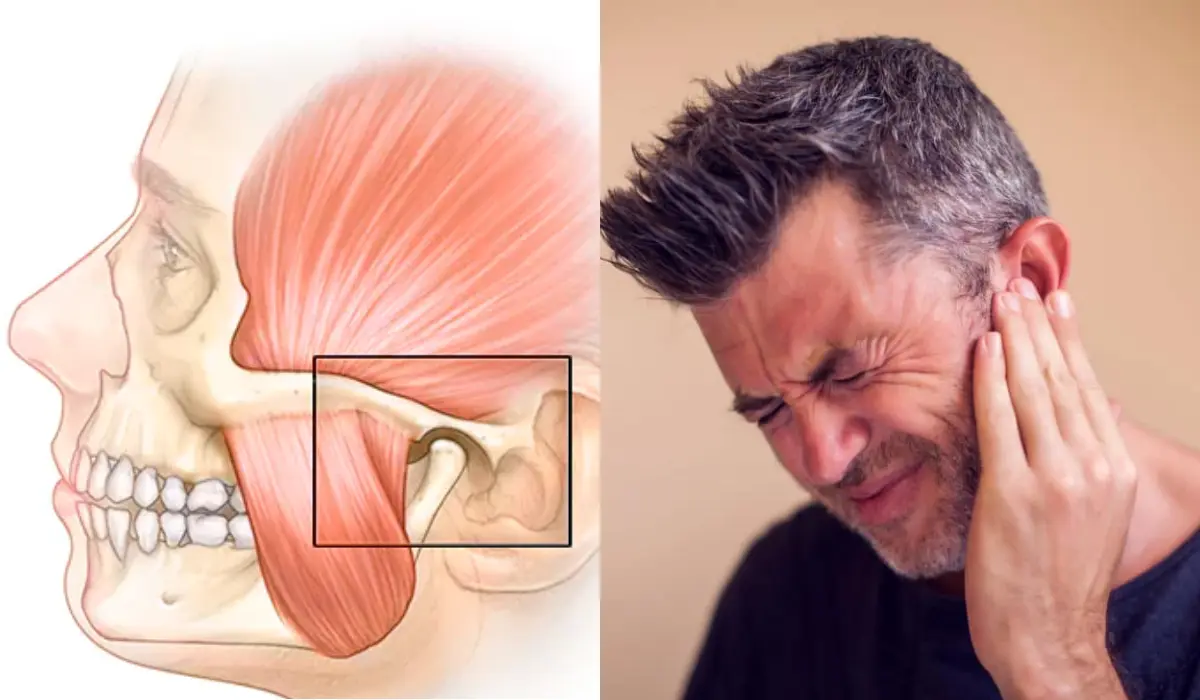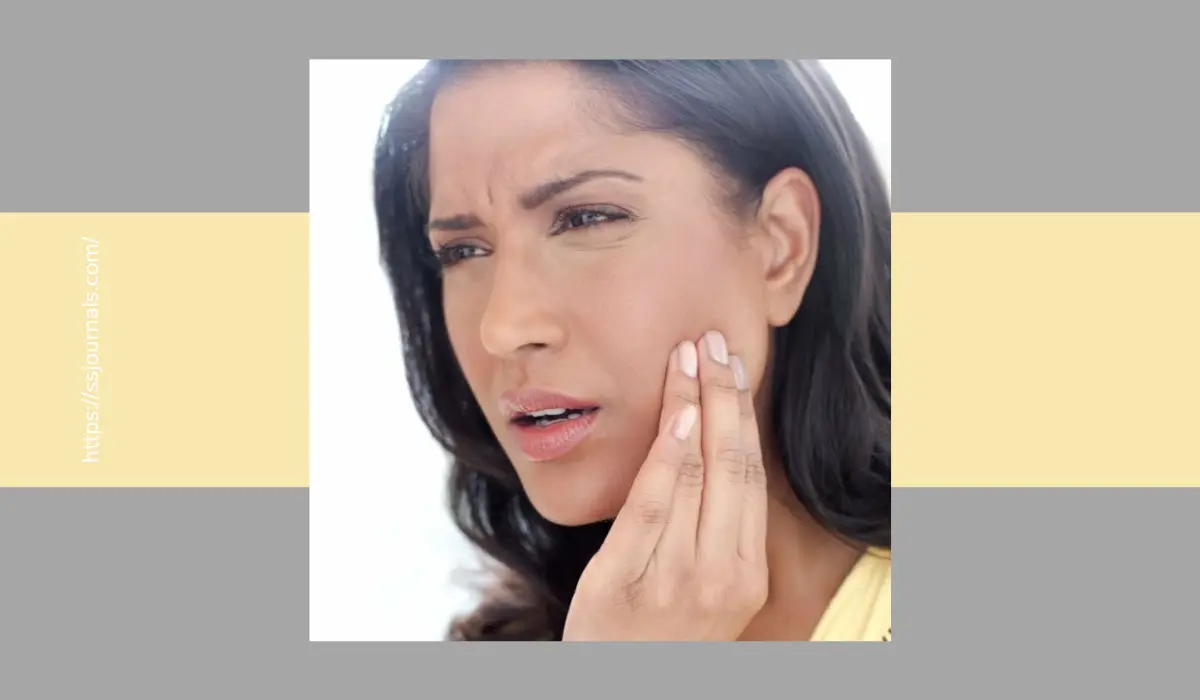Temporomandibular joint (TMJ) disorders affect the jaw joint and muscles controlling jaw movement. TMJ disorders cause pain and dysfunction in the jaw joint that can interfere with daily activities like chewing, speaking, and sleeping.
The good news is that for most people, TMJ disorders can be successfully treated with self-care practices and nonsurgical treatments. This article will provide an overview of TMJ disorders, their causes and symptoms, and effective ways to treat and cure TMJ permanently.
What Is Temporomandibular Joint (TMJ)?

The temporomandibular joint (TMJ) acts like a sliding hinge that connects the jawbone to the skull. There are two TMJs, one on each side, that work together to move the jaw up and down and side to side.
The TMJ is complex and contains muscles, ligaments, a disc, nerves, and blood vessels. Any problem affecting the health and function of the TMJ components can result in TMJ disorders.
Common Symptoms Of TMJ Disorders
- Jaw pain or soreness
- Jaw clicking, popping, or grinding noises
- Locking of the jaw
- Difficulty opening the mouth fully
- Joint Pain or swelling on the sides of the face
Causes Of TMJ Disorders
- Grinding or clenching teeth
- Jaw trauma or injury
- Arthritis
- Misalignment of teeth or poor bite
- Stress and anxiety lead to teeth-grinding
How To Cure TMJ Permanently?
The good news is that for most people, TMJ disorders can be successfully treated with self-care and nonsurgical treatments. Here are effective ways to alleviate pain and cure TMJ permanently:
- Apply moist heat or cold packs to relieve pain and swelling.
- Take over-the-counter pain relievers.
- Eat soft foods, avoid hard or chewy foods
- Learn stress management and relaxation techniques.
- Stretch and massage jaw muscles
- Use a dental guard if you grind your teeth at night.
- Get fitted for a mouth splint prescribed by the dentist.
- Seek physical therapy exercises to strengthen jaw muscles.
- Get orthodontic treatment to correct bite issues.
- Consider surgery if other treatments fail and the pain is severe.
With consistent use of these treatments, TMJ disorders can be cured permanently in most patients without the need for invasive surgical interventions.
Final Take
TMJ disorders that affect the temporomandibular joint and jaw muscles are common but very treatable. Most patients with TMJ problems can experience a cure and permanent relief from symptoms through self-care practices and nonsurgical treatments like dental splints, physical therapy, and bite correction.
Seeking prompt treatment is key to curing TMJ disorders and regaining full use and comfort of the jaw.

